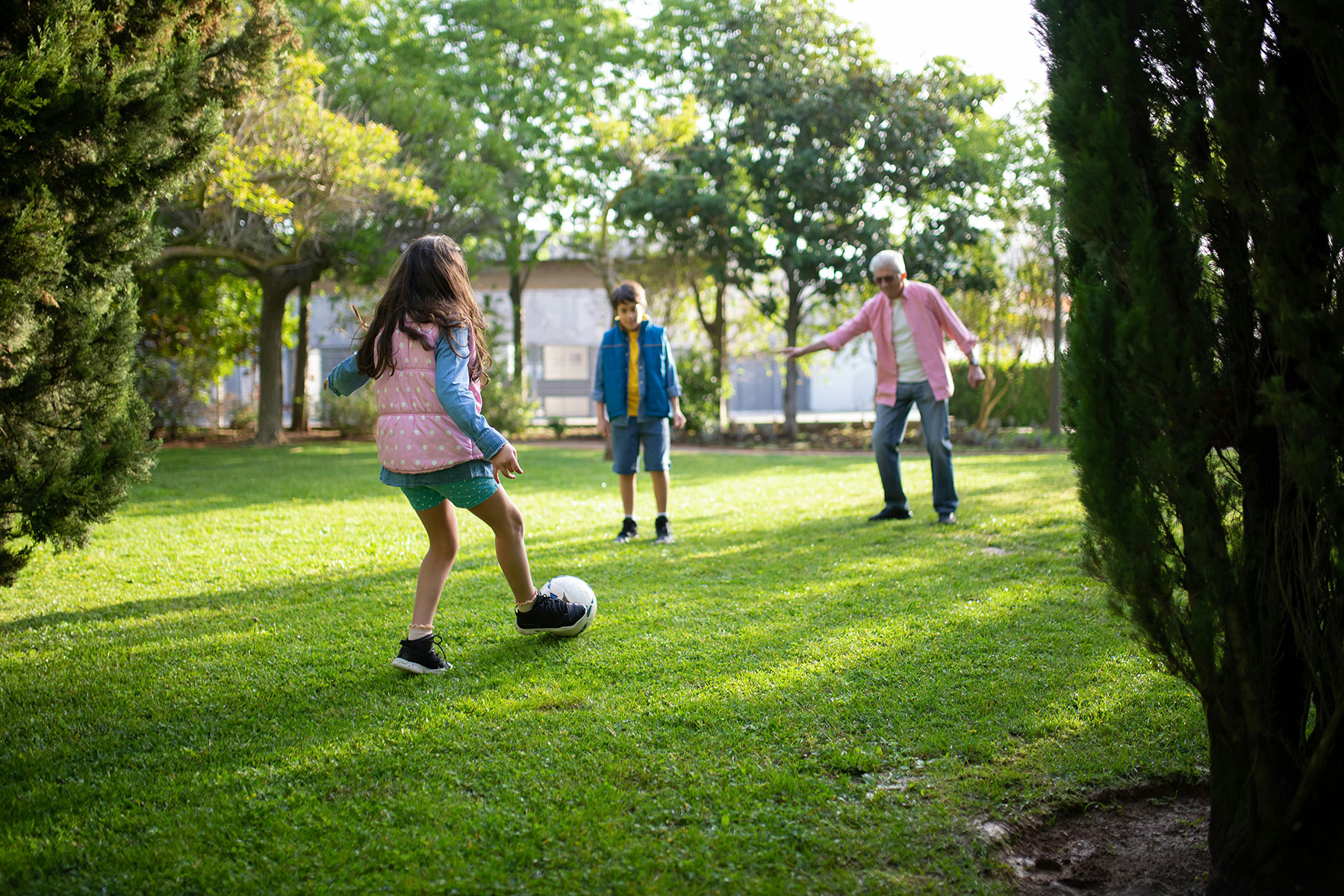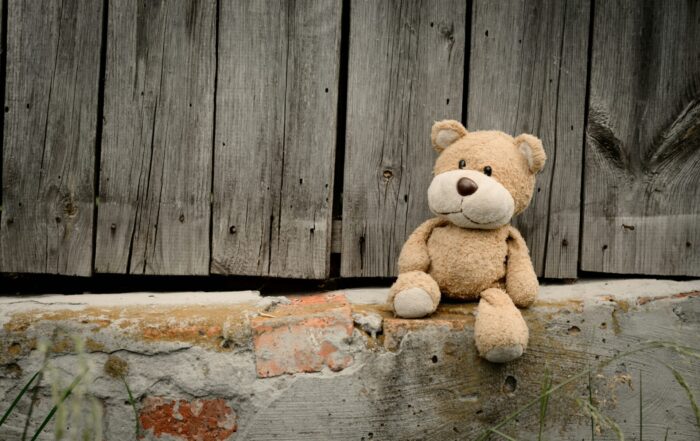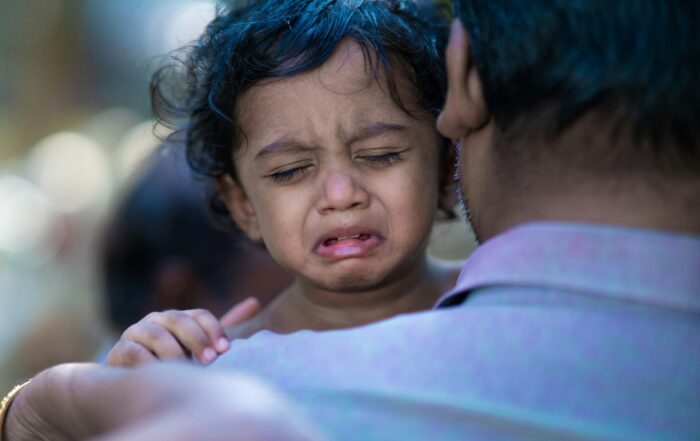
By Gaby Galvin
PEOPLE WHO EXPERIENCED trauma as children are more likely to suffer severe health consequences later in life, a new federal analysis shows.
Adverse childhood experiences, or ACEs, refer to potentially traumatic events experienced or witnessed during childhood, like violence, substance misuse and mental health problems in the home. Though public health experts say these events are an important upstream cause of major health and social struggles later in life, it’s been unclear just how substantially they impede American health overall.
In the first analysis of its kind, researchers from the Centers for Disease Control and Prevention estimated the link between self-reported ACEs and 14 negative health conditions and socioeconomic factors, using 2015-2017 survey data for more than 144,000 adults from 25 states.
They found that 60.9% of adults reported at least one adverse childhood experience, while 15.6% reported four or more types. Such experiences were “significantly associated with poorer health outcomes, health risk behaviors, and socioeconomic challenges,” the study says, including depression, heavy drinking, smoking, lower educational attainment and unemployment.
Share This Post!
Trauma-Informed Care
By healthcaretoolbox.org A guide for patients and caregivers to advocate for trauma-informed care in all aspects of healthcare. Read Article [...]
After the Trauma: Helping My Child Cope
By The Center for Pediatric Traumatic Stress at Children's Hospital of Philadelphia and Nemours / Alfred I. duPont Hospital for Children A helpful toolbox to assist parents with what they can [...]
The Power of Mindfulness
By Juliann Garey Mindfulness is a meditation practice that helps you calm down. It starts with focusing on your breathing. It helps you stay in the present instead of worrying about the [...]
Adverse Childhood Experiences
By CDC ACEs are common. About 64% of adults in the United States reported they had experienced at least one type of ACE before age 18. Nearly one in six (17.3%) [...]
It Happened Here: Dr. Margaret Morgan Lawrence
By NYP History Every time she was turned away, Dr. Margaret Morgan Lawrence, whose career began at NewYork-Presbyterian in the 1940s, found a new opportunity to succeed, eventually becoming the first [...]
The Impact of Childhood Trauma on Developing Bipolar Disorder
By Yann Quidé, Leonardo Tozzi, Mark Corcoran, Dara M Cannon, Maria R Dauvermann Childhood trauma (CT) has been repeatedly linked to earlier onset and greater severity of bipolar disorder (BD) in adulthood. However, such knowledge [...]







